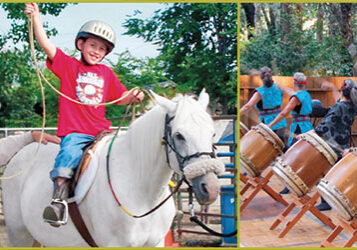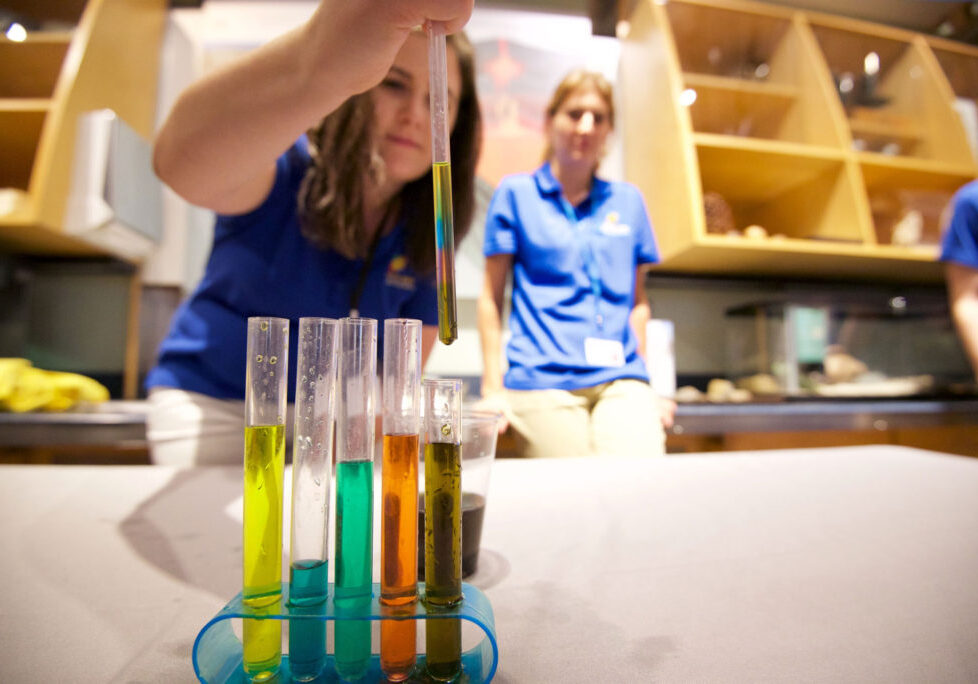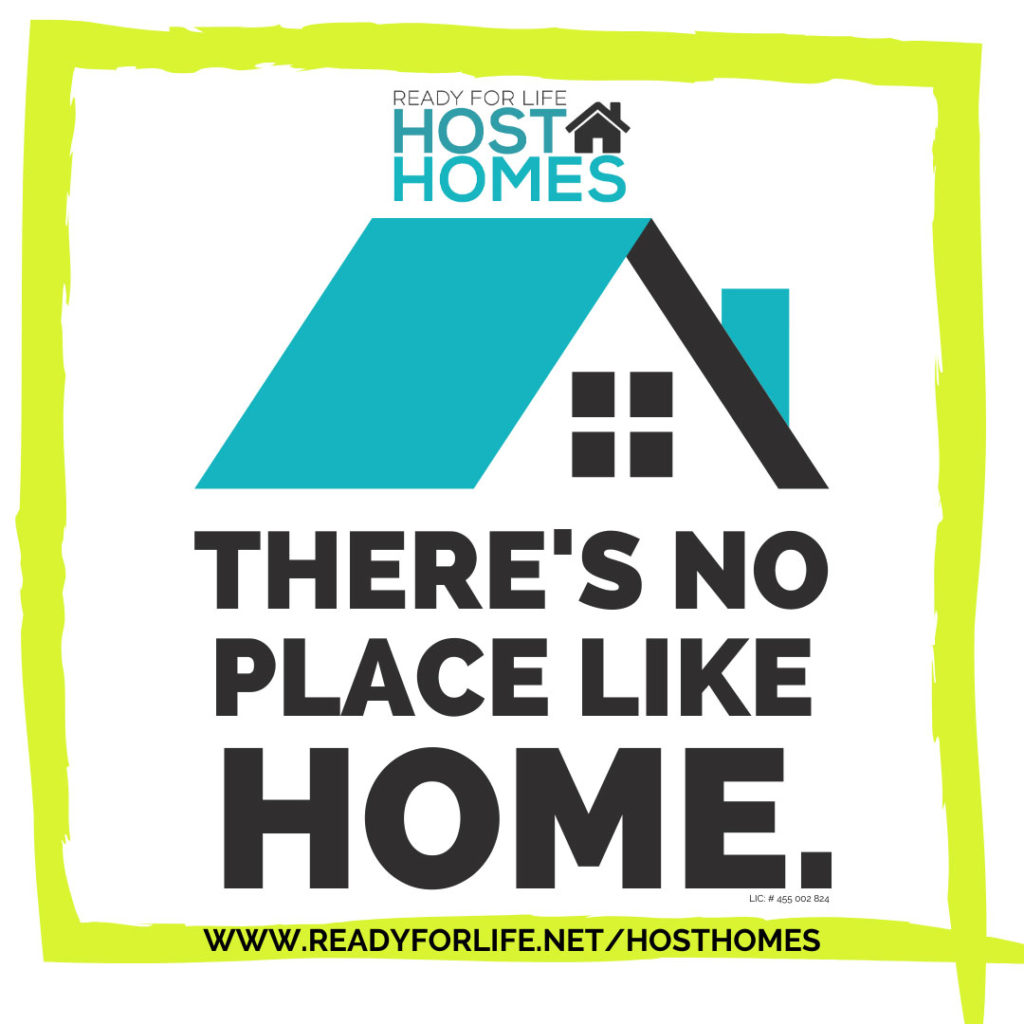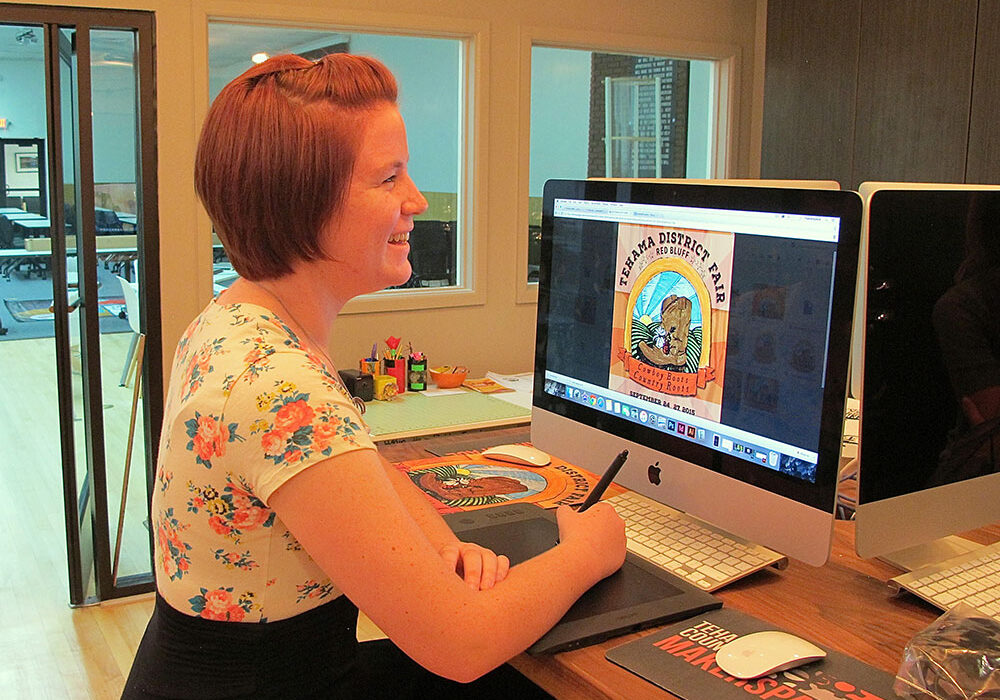Each day in the United States, 50,000-100,000 young people 18-24 years old are either homeless or living in unstable home situations.
Research has shown that homelessness can lead to severe mental and physical health problems or make existing problems worse. Homeless youth are at risk for substance use, for engaging in illegal activities such as prostitution and stealing, and for being victims of violent crime.
Here in the North State, Redding’s Ready for Life Foster Family Agency is working to help the community’s homeless youth with their Host Homes Program. Rick and Nena Panza founded Ready for Life Foster Family Agency in 2001, placing children in foster families throughout Shasta, Tehama, Trinity and Siskiyou Counties. Recognizing that there were few resources to help children once they have turned 18 and “aged out” of the foster care system, they started the Host Home Program in January of 2021
Host homes are temporary, safe spaces for homeless youth
Host homes are a short-term intervention for young people who find themselves homeless. The program pairs youth ages 18-24 with community members who have extra space in their homes. The goal is to provide a temporary safe space for them to find their bearings. Some may use this time to try and repair family relationships, find employment, or find more permanent housing options.
According to Host Homes Program Coordinator Megan Preller, there are many reasons why young people in the North State find themselves homeless. “A lot of the reasons come back to family; family disputes, something that has caused them to be kicked out of their home or they’ve chosen to leave their home,” she explained. Loss of income is also a huge factor, especially with older youth. Many are already living paycheck to paycheck and a job loss can be devastating financially for them.
Although the program focuses on youth ages 18 to 24, Megan says she sees many situations where younger teens are couch surfing. Sometimes younger teens on the cusp of graduating and starting college find themselves bouncing between friends’ houses or find themselves without shelter after being told they can’t stay at a particular place any longer. “They don’t have any way of planning or preparing for that,” she says.
How Host Homes differs from foster care
The Host Homes Program works with older youth, many of them over 18, and the program’s regulations and criteria are different from those that govern foster care for children younger than 18. The process of applying to be a Host Home family is also different from the foster family process. “You don’t have to get your CPR and first aid licenses,” Megan says. “You get background checks, but the training looks different, and the home inspection looks different.”
The time that a youth stays in a host home varies, but the average is five to six months. Sometimes finding permanent housing takes longer, and sometimes it can happen quickly. As with typical foster care, a stipend helps offset the extra costs to the host home family or individual. The funding for the program allows for compensation for up to five months.
The Host Home Program works from referrals from providers and also self-referrals. Megan says that some youth are referred from clinics, the Smart Business Resource Center and local colleges. There are also walk-in applications and inquiries from people who have found the information on Ready For Life’s website.
Matching hosts to guest youth
Most hosts sign up for the program because they have commitment to help young people in need, and Megan says their level of involvement varies with the needs of their guest youth. “We try to match the guest and the host,” she says. “If I know I have a guest who is only interested in having somewhere to sleep and isn’t really looking for a friendship, then I could make sure that I match them in a home that fits.” The same type of matching will happen when there is a host who would really love to be a mentor and a friend.
All youth in the Host Home Program have a housing case manager to support them. The case manager can help find resources for such vital needs as obtaining medical insurance, getting enrolled in college and looking for work so these responsibilities don’t fall on the hosts.
Finding people willing to be hosts is a huge challenge right now, Megan says, and referrals are constantly coming in. She urges people who may be interested in opening up their homes to provide a short-term, safe space for young adults to inquire about the process. For more information on the Host Homes Program, visit readyforlife.net.
Posted in: Community, Youth & Teen
Comment Policy: All viewpoints are welcome, but comments should remain relevant. Personal attacks, profanity, and aggressive behavior are not allowed. No spam, advertising, or promoting of products/services. Please, only use your real name and limit the amount of links submitted in your comment.
You Might Also Like...

Shasta Regional Community Foundation
Scholarship and Loan Opportunities The fall season is a great time for students to begin researching scholarship opportunities that will help them reach their educational goals. Shasta Regional Community Foundation […]

Summer Camps & Classes
After a year when your kids have missed social time with friends, the good news is that summer camp — during the day — is making a comeback in the […]

Teach Kids to Embrace Life
What comes to mind when you hear the phrase “Live life to the fullest”? My first thought was something daring and adventurous like rock climbing, skydiving, running a marathon or […]
The Music Connection & North State Parent Teen Music Contest Winner
We are happy to announce that Jacob Dotson is the winner of a $400 gift certificate from The Music Connection for his winning essay on the contest theme “Why playing […]






